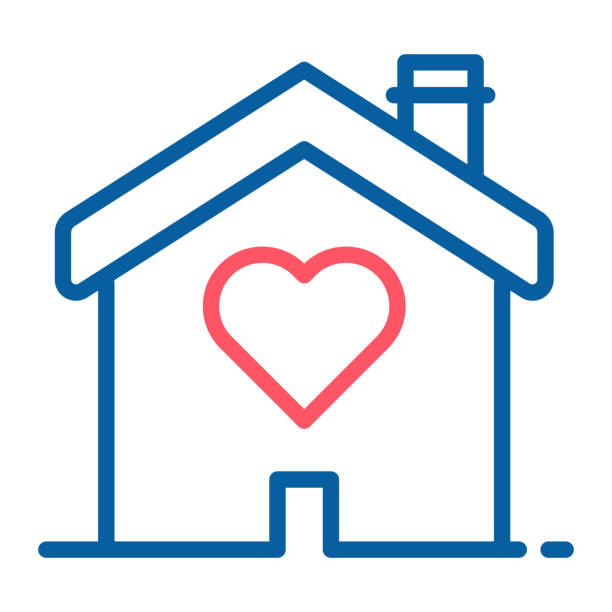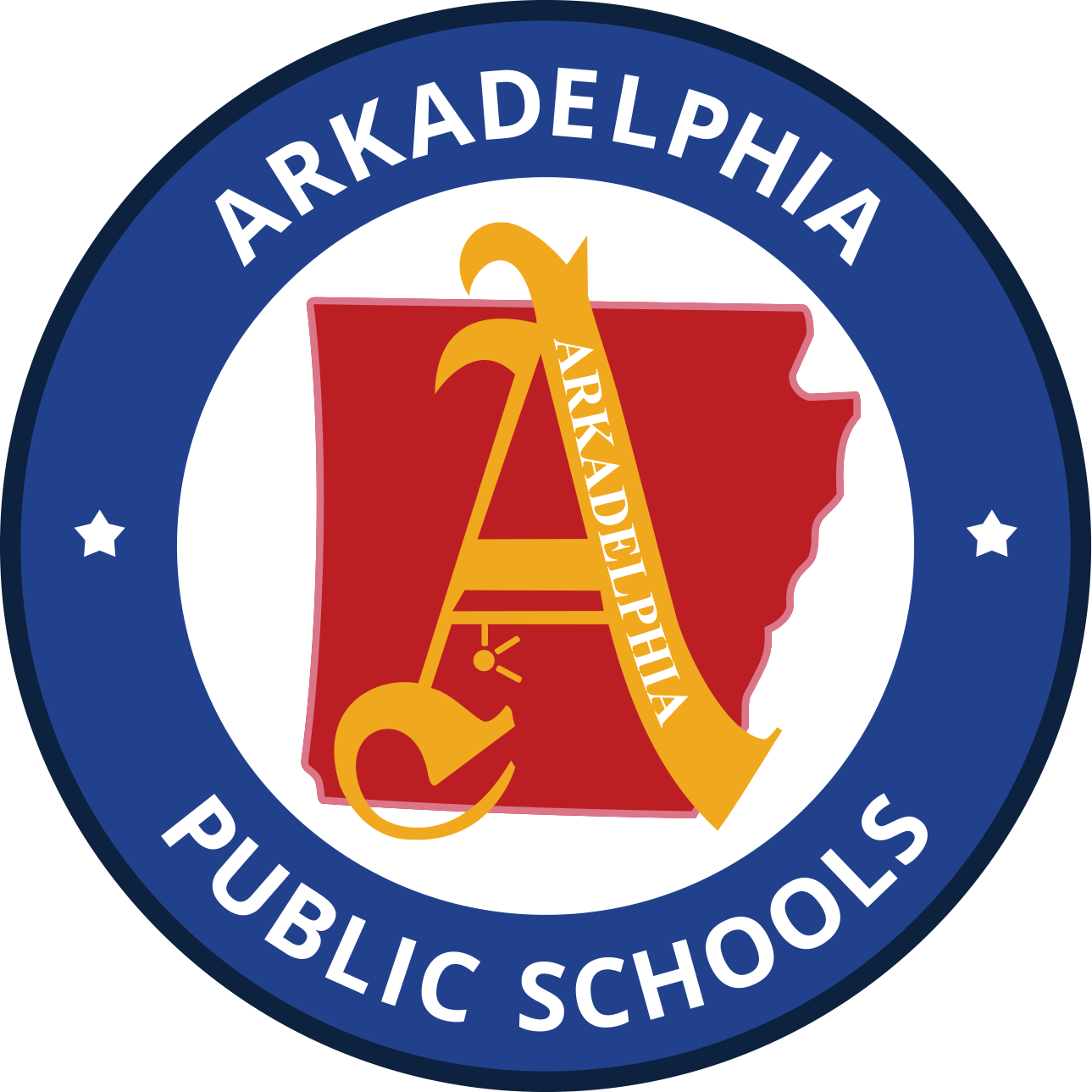Homeless Education Services and McKinney-Vento Homeless Liaison

William Jeremy Bell
Director of Federal Programs
McKinney-Vento District Homeless Liaison
700 Clinton Street, Dawson Building #3
P. O. Box 10
870-246-5563
william.bell@arkadelphiaschools.org
Welcome and Overview
Welcome to the Homeless Education Services and McKinney-Vento Homeless Liaison section of the website. Here you will find information about practices and resources to support those students experiencing homelessness.
The Education for Homeless Children and Youth (EHCY) program is authorized under the McKinney-Vento Act which seeks to address the challenges that homeless children and youths may face in enrolling, attending and succeeding in school.
The EHCY program is authorized under Title VII-B of the McKinney-Vento Homeless Assistance Act (42 U.S.C. 11431 et seq.). The act was first authorized in 1987 and re-authorized in December 2015 by the Every Student Succeeds Act (ESSA).
Homeless children and youths must have access to the educational and related services that they need to meet the same challenging state academic standards to which all students are held. In addition, homeless students may not be separated from the mainstream school environment.
The Arkadelphia Public School District invites you to examine its Homeless Education Services Resources including the district's Program Guide, pertinent district policies, and other items. You may review the current and previous resources here.
State Guidance
Under the act, the Arkansas Department of Education (ADE) must ensure that each homeless child and youth has equal access to the same free, appropriate public education, including a public preschool education, as other children and youths.
Resources through ADE:DESE
District Implementation
The Arkadelphia Public School District utilizes the guidance from the Arkansas Department of Education on how to implement these federal requirements.
The district's policy is available in the posted policies (here).
Our school district must review and undertake steps to revise practices or policies that may be barriers to the identification, enrollment, attendance or success in school of homeless children and youths.
The Arkadelphia Public School District's pertinent stakeholders use the resources found here (to be posted) to guide these processes.
Currently, APSD uses the funds from this area per state and federal guidelines.
Personnel, students, their families, and other interested parties are invited to ask questions, to provide feedback, and to contribute to the process as part of our consultation with stakeholders. Therefore, we invite you to use our APSD Federal Programs Engagement Survey (feel free to provide feedback for this and any of the pertinent sections).
Who potentially qualifies as homeless?
The McKinney-Vento Act defines homeless children and youth as individuals who lack a fixed, regular, and adequate nighttime residence.
Therefore, those three key characteristics mean that students may qualify for services if they are living with a non-custodial guardian, if they are staying with friends, if their family is sharing housing with others due to financial reasons, or if they are living with other family members due to the deployment of a parent or guardian.
How do students get services?
As part of the registration packet, students and their families complete and submit a residency form.
A digital copy of the residency form may be submitted at any time during the school year (here).
This form is reviewed by district personnel so that follow-up contact can be used to determine if services are warranted and what services may best serve the student's needs.
If you believe your children may be eligible, contact the local liaison to find out what services and supports may be available. There also may be supports available for your preschool-age children.
Although the school district cannot pay utility bills and provide housing for students and their families, the district's homeless liaison contacts local officials, area places of worship, and other community partners to try to help families in need.
For additional questions, contact the Federal Programs Coordinator or contact the office by phone during school hours:
Peake Elementary School at 870-246-2361
Goza Middle School at 870-246-4291
Arkadelphia High School at 870-246-7373
Housing and educational rights?
Students without fixed, regular, and adequate nighttime residences have the following rights:
Immediate enrollment in the school they last attended or the local school where they are currently staying even if they do not have all of the documents normally required at the time of enrollment without fear of being separated or treated differently due to their housing situations;
Transportation to the school of origin for the regular school day;
Access to free meals, Title I and other educational programs, and transportation to extra-curricular activities to the same extent that it is offered to other students.
Any questions about these rights can be directed to the Arkadelphia Public School District's McKinney-Vento Homeless Liaison at 870-246-5564 extension 1210 or the State Coordinator at 501-683-5428.
Additional Resources
Please let us know if you find additional resources to benefit our students and their families!
McKinney-Vento Subgrant Authorized Activities ... local schools like ours have opportunities to meet needs in the ways listed. Our schools also use community partnerships to address needs beyond this list.
U.S. Department of the Treasury: Emergency Rental Assistance Program ... Even as the American economy continues its recovery from the devastating impact of the pandemic, millions of Americans face deep rental debt and fear evictions and the loss of basic housing security. COVID-19 has exacerbated an affordable housing crisis that predated the pandemic and that has deep disparities that threaten the strength of an economic recovery that must work for everyone.
To meet this need, the Emergency Rental Assistance program makes funding available to assist households that are unable to pay rent or utilities.
Arkansas Department of Energy and Environment: AEO Assistance Programs ... the Arkansas Department of Energy and Environment posts information about various assistance programs. These may include assistance with heating, water, energy usage, and the like. Some of these opportunities are seasonal; others are available until the funding source expires. Consequently, you may see different offerings on this page at different times.
FindHelp.org ... search by ZIP code for financial assistance, food pantries, medical care, and other resources that are available for free or at a reduced cost.
Bright Futures, USA ... an organization with a simple yet powerful goal: meet any child’s basic need within 24 hours of identifying the need. This is done through a rapid-response system using existing resources and / or social media. In many cases, needs are met in minutes. The school system acts as the liaison between the student and the donor. Needs are identified by teachers, counselors, and school personnel.
Every Arkansan ... a combination of the Arkansas Dream Center and CityServe Arkansas organizations working with local stakeholders to help Arkansans with practical needs.
CADC Diaper Assistance Program (DAP) ... a supplemental program designed to assist low-income families by reducing the diaper need within Central Arkansas.
With this program, families are able to receive up to 6 packs of diapers (3 packs with each visit) throughout the duration of an open program to assist with their diaper needs. At this time the diaper program is ONLY open in the following counties: Clark, Miller, Saline, and Union.
Feedback
Please complete any surveys for any campus and for the district
APSD Federal Programs Engagement Survey (feel free to provide feedback for any of the pertinent sections)
Please consider volunteering by campus
Each campus trains its volunteers for the specific roles and/or tasks
Please let us know how we can collaborate with you more effectively

